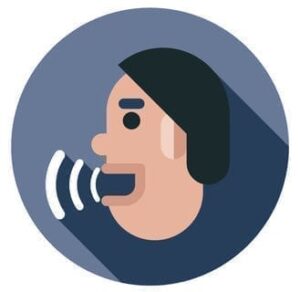Thales has partnered with ID R&D to add voice recognition to its biometric portfolio. The company will be adding ID R&D’s voice biometric technology to its own Trusted Digital Identity Service to help verify the identities of people calling into contact centers.

The Trusted Digital Identity Service already offers support for face, fingerprint, and document recognition, all of which can be used to help onboard new users and authenticate registered customers. Voice recognition will serve much the same purpose, but will obviously have particular utility in phone interactions. The solution is intended to replace the knowledge-based authentication practices that are currently used in many contact centers, which are both inconvenient and vulnerable if a fraudster is able to get their hands on someone’s secrets.
The integration of ID R&D’s voice tech will allow contact centers to cross-reference each caller with a database of voiceprints that have been linked to fraud or other suspicious activity. It will also help authenticate legitimate users through an automatic process that does not require any special training for contact center employees.
“Partnering with Thales to detect and avoid fraud without imposing friction on customers and without giving any clues to fraudsters is exciting,” said ID R&D CEO Alexey Khitrov. “With this solution, we offer mobile operators a strong case for deploying voice biometrics to stop fraud during new subscriber enrolment and subsequently strengthen ongoing authentication.”
“Fraudsters are now targeting more and more remote channels like call centers to impersonate legitimate customers,” added Thales Mobile Connectivity VP Guillaume Lafaix. “The unique characteristics of the voice therefore represent a powerful asset to fight those types of fraud.”
Thales launched a new Identity Verification Service to enable remote onboarding back in October. ID R&D, meanwhile, recently patented a more efficient voice recognition system, and has achieved accuracy rates that rival those of PIN authentication. The company previously posted a top score in the NIST’s 2019 Automatic Speaker Verification Challenge.
–
July 8, 2021 – by Eric Weiss







Follow Us